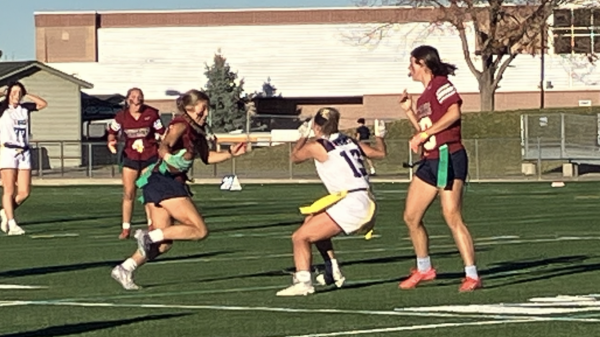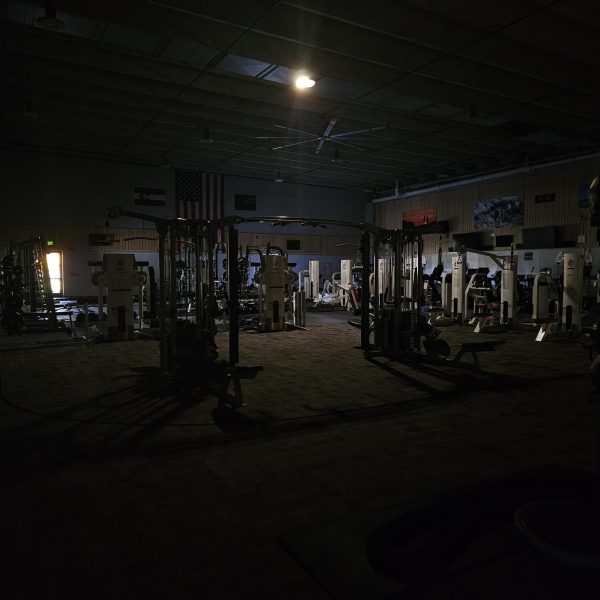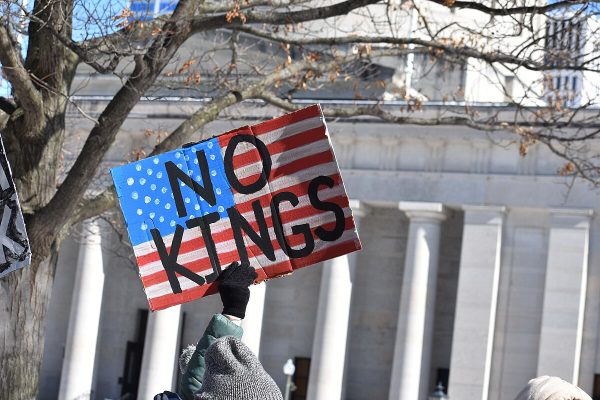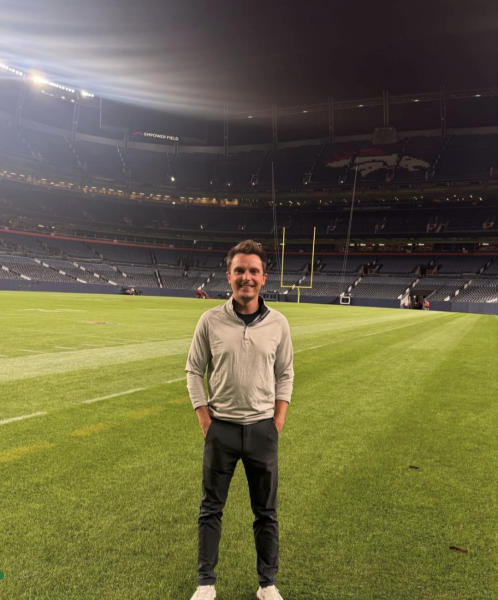Trouble Brewing in Lebanon: Premier Hariri Steps Down
BEIRUT – Saad al-Hariri resigned unexpectedly as prime minister of Lebanon on Saturday, thrusting the already unstable country into a sudden power vacuum.
Amid bitter resentment against Iran’s surreptitious interference in his country, Hariri further claimed ostensible fears he could be assassinated like his father 12 years ago.
Blind-siding his government in Beirut, Hariri, made his bombshell announcement from Riyadh, Saudi Arabia, where it is alleged, Saudi officials tacitly coordinated the move, in a concerted effort to thwart Iran’s growing clout in the Middle East.
The 47-year-old politician castigated Iran’s heavy-handed involvement in Lebanese affairs during a televised address on Saturday, accusing them of trying to destabilize the region by spreading “chaos and destruction.”
Speaking from the Saudi capital, Mr. Hariri also admonished the powerful Iranian-backed Shiite militant group Hezbollah, sending them an unequivocal message, warning, “we will not allow Lebanon to become a trigger for the security of the region.”
Within the hour, Iranian Foreign Ministry Spokesman Bahram Ghassemi, placidly rejected Hariri’s “unfounded accusations,” calling the maneuver a plot by President Trump and Crown Prince Mohammed Salman of Saudi Arabia, “to foment tensions aimed at destabilizing the small country.”
Key US national security advisers have confirmed Iran’s significant gains in the region, both in its fight against Islamic State and through its unwavering support for Syrian leader, Bashar al-Assad.
Wedged precariously between the Mediterranean Sea, a nervous Israel, and a feuding Syria, Lebanon is desperately trying to stay out of the quagmire next door; and this for good reason.
In order to maintain its delicate political balance, the Lebanese constitution dictates a uniquely complicated power-sharing agreement, where the President of the country is a Christian, the Prime Minister a Sunni Muslim, and the Speaker of the House a Shiite Muslim.
Therefore, any foreign meddling, particularly by Tehran or Riyadh, is vehemently opposes by the Lebanese.
And although Saudi Arabia and Iran are Muslim-majority nations, both adhering to the tenets of Islam, their relations remain antagonistic as they each vie for leadership in Lebanon, and the Islamic World as a whole.
“We are living in a climate similar to the atmosphere that prevailed before the assassination of martyr Rafik al-Hariri,“ lamented Hariri.
Rafik al-Hariri, father of Saad, was the beloved business-tycoon turned politician, who became instrumental in rebuilding Lebanon after its prolonged civil war in the 1980’s. Appointed prime minister from 1992 to 1998, and again from 2002 to 2004, Hariri demonstrated his sensitivity to Lebanon’s jostling religions, by naming a cabinet that was equally composed of Christians and Muslims.
Rafik Hariri’s 2005 assassination through a huge car bomb, incited deep political tensions between Lebanon and Syria. A 2009 United Nations investigation into the death of the former prime minister, concluded direct involvement by Iranian and Hezbollah operatives.
Keeping a close vigil, Israeli Prime Minister Netanyahu proceeded to weigh in on the latest developments in the region, calling Saad Hariri’s resignation a “wake up call” on Iranian aggression.

Israel sees a confrontation with its arch-nemesis Hezbollah as inevitable, prompting it to conduct its largest military maneuvers since 1998.
Meanwhile, the Persian capital celebrated its annual 1979 U.S. Embassy takeover and hostage crisis this weekend, by provocatively displaying a surface-to-air missile at the site of the former embassy.
Vast throngs of Iranians spilled out onto the streets of Tehran, where they engaged in anti-U.S. and anti -Israel rhetoric, even burning an effigy of the American President.







